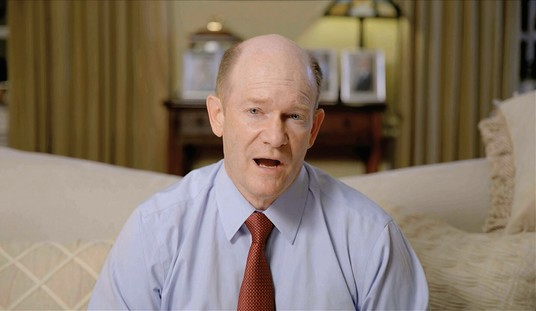The Food and Drug Administration is considering a ban on artificial red food dye found in household beverages, candies, cereals, and more in the coming weeks.
FDA said it has evaluated the safety of red food dye, which is made from petroleum, in food and ingested drugs “multiple times” since it was approved in 1969, and is “actively reviewing” a petition now.
In 1990, the FDA banned Red No. 3, also known as erythrosine, from cosmetics and topical drugs under the Delaney Clause, because the chemical was shown to be carcinogenic at high doses in tests on lab rats.
“We don’t believe there is a risk to humans,” FDA’s Jones said.
Some of the dyes allowed in food in the U.S. are either banned or require a warning label in other countries. […]
“There is something called the precautionary principle, which is basically the thought that it’s better to be safe than sorry," said Jerold Mande, an adjunct professor of nutrition at the Harvard T.H. Chan School of Public Health, who is also a former FDA senior adviser and former deputy undersecretary for food safety at the Agriculture Department. “The U.S. wears it as a badge of honor that we don’t adhere to it.”
Other countries do not want to take a risk, even if data on potential harms is not conclusive, he said.
“These food dyes only serve one function in food, to make them look pretty so you and I want to buy it, it’s a marketing tool,” said Thomas Galligan, principal scientist for food additives and supplements at the Center for Science in the Public Interest.
Some experts and consumer advocacy groups argue there is enough evidence showing some color additives may cause harm, particularly in children, to warrant a ban, but the FDA maintains that its approved artificial food dyes are safe when used in accordance with the agency’s recommendations. (NBC News)
Recommended
Artificial food dyes is one issue Robert F. Kennedy Jr., Trump's pick to lead Health and Human Services, has spoken out about.
WOW you must see this.
— David J Harris Jr (@DavidJHarrisJr) September 24, 2024
At today’s roundtable on American Health & Nutrition, Jason Karp showed the difference between Canada's Fruit Loop Cereal and America's. They're literally poisoning our children and this is exactly what RFK Jr. is talking about.
MAHA! pic.twitter.com/fbq1c2hDKz
























Join the conversation as a VIP Member